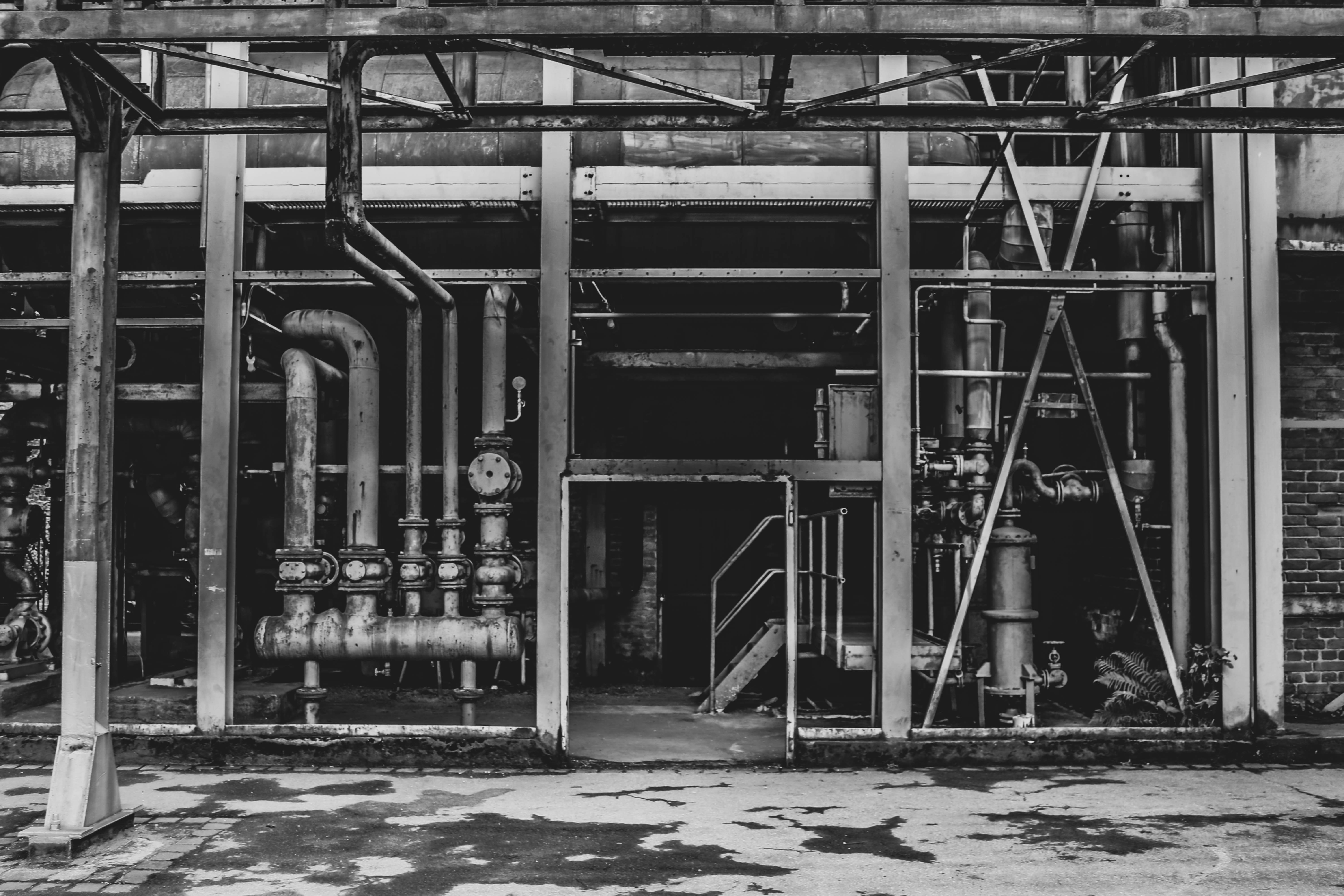

Are you curious about how sustainable practices are transforming the concrete industry? In this article, we will explore the ways in which the concrete industry is embracing eco-friendly approaches and shaping the future of construction. By implementing recycled materials and alternative cementitious materials, businesses are not only reducing waste but also creating a more sustainable environment. Moreover, the industry is actively working towards reducing carbon emissions, making a significant impact on global climate change. These sustainable practices are not only beneficial for the environment but also for businesses themselves. Companies that adopt these practices can enjoy cost savings, improved reputation, and increased customer loyalty. So, whether you are a concrete manufacturer, supplier, or contractor, understanding how sustainable practices shape the industry is essential for your success in the business world. Let’s dive in and discover the exciting world of sustainable concrete practices!

You can easily incorporate recycled materials into your concrete production, giving your business a competitive edge while contributing to a more sustainable future. By using recycled aggregates, such as crushed concrete or reclaimed asphalt pavement, you can reduce the demand for natural resources and minimize waste generation. These recycled materials can be obtained from construction and demolition sites or from industrial byproducts. Incorporating them into your concrete mix not only helps preserve the environment but also reduces costs. All this according to the experts who can do a great new concrete driveway. Recycled materials can often be obtained at a lower price compared to virgin materials, allowing you to save money while still maintaining the quality of your concrete. Additionally, using recycled materials can enhance your brand image, as more customers are becoming aware of the importance of sustainable practices. So, start implementing recycled materials in your concrete production and reap the benefits of a greener and more competitive business.
Explore the potential of incorporating alternative cementitious materials to significantly transform the way cement is used in construction. By using alternative cementitious materials, such as fly ash, slag, or silica fume, you can reduce the environmental impact of concrete production and promote sustainability. These materials can be used as partial replacements for traditional Portland cement, offering similar or even improved performance. Not only do they help reduce carbon dioxide emissions, but they also decrease the demand for virgin materials and minimize waste. Furthermore, alternative cementitious materials can enhance the durability and strength of concrete, resulting in longer-lasting structures. Pros say it’s important, as we reviewed with an expert who can do an excellent new concrete patio By embracing these alternatives, you can contribute to a more sustainable and environmentally-friendly concrete industry while still meeting the high standards of quality and performance.
By incorporating alternative cementitious materials, such as fly ash and slag, we can significantly decrease carbon emissions in the construction process. These materials can replace a portion of the traditional cement used in concrete production, which is a major source of greenhouse gas emissions. By doing so, we reduce the demand for cement production, which is responsible for a significant amount of carbon dioxide emissions. Additionally, using alternative materials like fly ash and slag can also improve the durability and strength of concrete, making it a win-win situation. Not only are we reducing carbon emissions, but we are also producing a more sustainable and resilient product. This shift towards using alternative cementitious materials is a crucial step in making the concrete industry more environmentally friendly and sustainable.
Try incorporating eco-friendly approaches into your construction projects and make a positive impact on the environment while creating a more sustainable future. One way to promote eco-friendly practices within the concrete industry is by using recycled materials. Instead of using virgin aggregates, consider using recycled aggregates made from crushed concrete waste. This not only reduces the demand for new resources but also helps divert waste from landfills. Additionally, you can explore the use of alternative cementitious materials such as fly ash or slag, which have lower carbon footprints compared to traditional cement. Another approach is to optimize the mix design by reducing the amount of cement used without compromising the strength and durability of the concrete. By implementing these eco-friendly approaches, you can contribute to a greener and more sustainable concrete industry.
Transform your construction projects by adopting eco-friendly approaches, benefiting both your business and the environment. Incorporating sustainable practices in the concrete industry brings numerous advantages. Firstly, it enhances your brand reputation and attracts environmentally conscious clients, giving you a competitive edge. By showcasing your commitment to sustainability, you establish yourself as a responsible and forward-thinking company. Secondly, eco-friendly approaches reduce energy consumption and waste production, resulting in cost savings. Using recycled materials and implementing efficient manufacturing processes can significantly decrease operational expenses. Moreover, sustainable practices help reduce environmental impact by minimizing carbon emissions and preserving natural resources. By adopting these approaches, you contribute to a greener future while ensuring the long-term viability of your business. Embrace sustainability and reap the benefits for both your company and the planet.